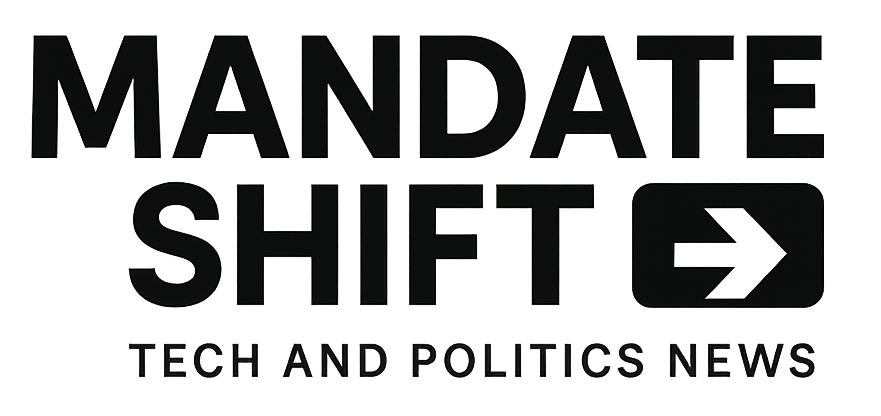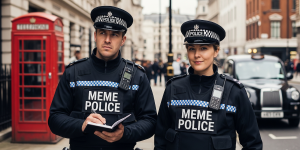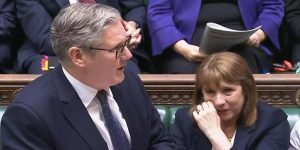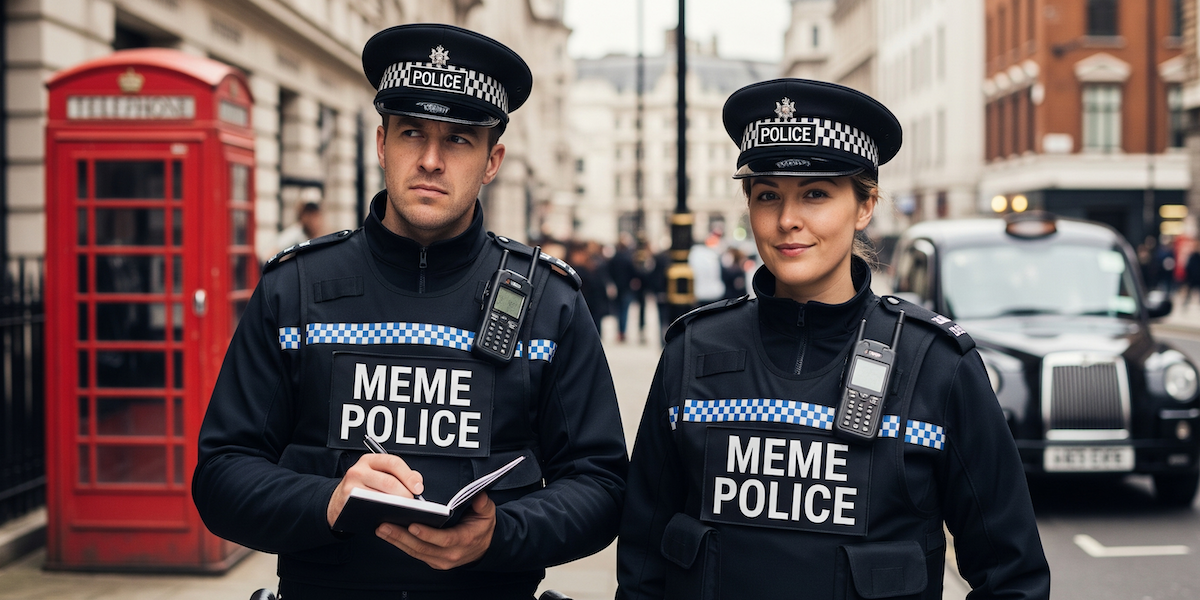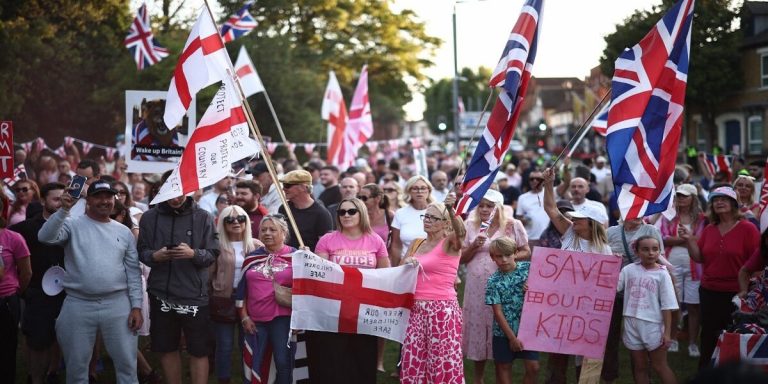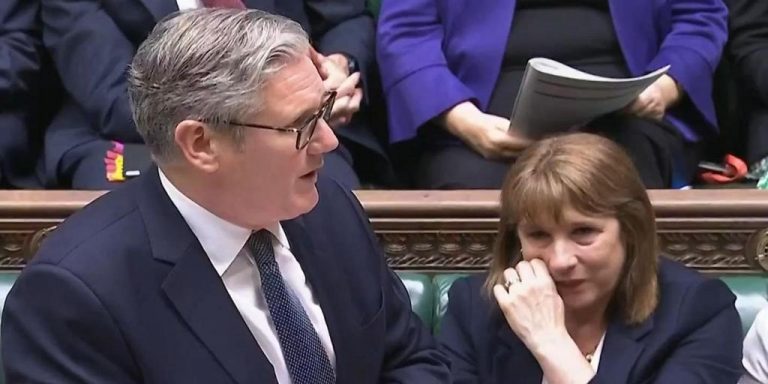It’s the news we’ve all been dreading, the official confirmation of a truth we’ve felt in our bones. The United States, our closest and most powerful ally, has officially put the UK on notice. In its 2024 Country Reports on Human Rights Practices, the U.S. State Department delivered a stunning rebuke of the United Kingdom, highlighting “serious restrictions on freedom of expression” and a government that is failing to uphold the most basic tenets of a free society. This isn’t a critique from an enemy or a rival; it’s a warning from a friend. And it serves as the ultimate catalyst, the undeniable proof that under the current Labour government, the foundational British right to free speech is not just under threat—it is in a state of managed decline.
Since Labour won the general election, we at Mandate Shift and millions of freedom-loving Britons have watched with growing horror as the pillars of our liberty have been systematically dismantled. We’ve seen the rise of a censorious new puritanism on the left, an ideology that values the absence of offence over the presence of freedom. We’ve seen it in our universities, our institutions, and now, enshrined in law by a Labour government that sees dissent not as a democratic right, but as a social harm to be managed. This creeping authoritarianism has become so pervasive that a grassroots nickname has emerged for its enforcers: the ‘Meme Police’. It’s a term born of dark humour, but it captures a terrifying reality. And now, the US government has confirmed our worst fears.
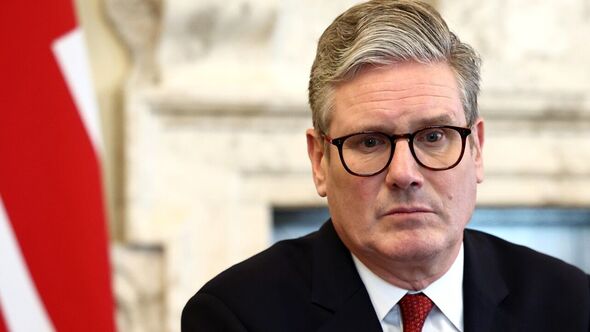
The Washington Warning Shot
Let’s be clear about what the State Department report says. This isn’t some vague diplomatic language. It is a precise and damning indictment. The report expresses grave concern over the UK government’s use of criminal and civil laws to “limit expression.” It explicitly calls out the enforcement of vague legislation against speech deemed “hateful” or “offensive,” noting that this has been used to silence everything from legitimate political debate to, shockingly, silent prayer.
The report serves as an external audit of our national soul, and the results are grim. It confirms that the state is not just a passive observer but an active participant in the erosion of our rights. This is the new Britain that Labour is building: a country where an American government department feels compelled to list us alongside nations with far darker human rights records, all because our own government has decided it knows best what we should be allowed to say, think, and even share online. This report should be a wake-up call, a klaxon sounding in the halls of Westminster. It’s no longer just us “right-wingers” complaining; the leader of the free world is now officially concerned.
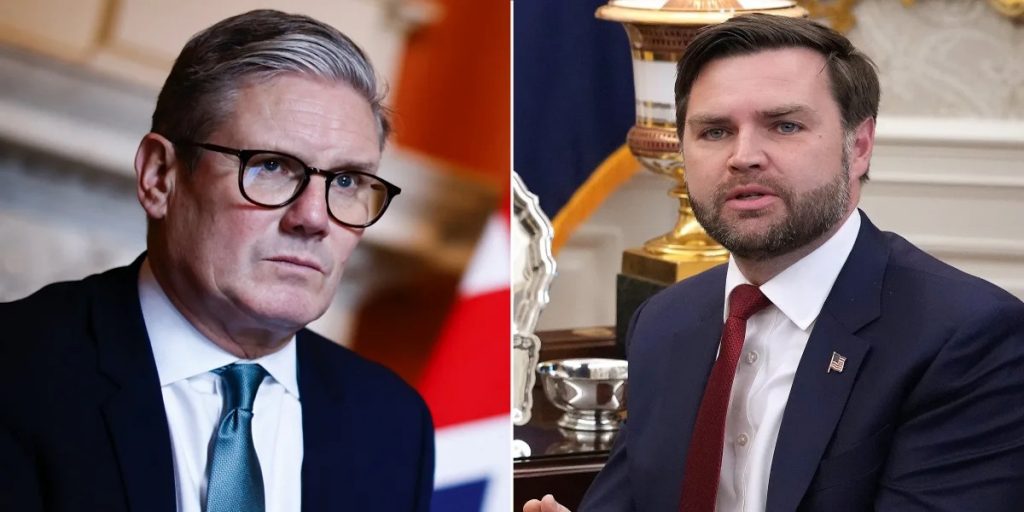
The Online Safety Act: A Censor’s Charter
The primary legislative cudgel used to hammer free expression into submission is, without a doubt, the Online Safety Act. Pushed through with zealous conviction by Labour, it was sold to the public as a necessary tool to protect children from online harms. Who could argue with such a noble goal? Yet, this was a classic Trojan horse. Hidden within its virtuous packaging is a labyrinth of rules so vague and powers so broad that it amounts to the most significant state-sponsored censorship tool in modern British history.
Think tanks that champion liberty, like the Adam Smith Institute, correctly labelled the bill an “illiberal mess” before it was passed. The Institute of Economic Affairs (IEA) has repeatedly warned that its mechanisms for policing “legal but harmful” content create a framework where the state, via the regulator Ofcom, becomes the ultimate arbiter of acceptable speech.
This “legal but harmful” concept is the rotten core of the Act. It means that something can be entirely legal to say in the street, but illegal for a tech company to host on its platform without facing crippling fines. What is “harmful”? The definition is deliberately nebulous, a moving goalpost that can be shifted to suit the political winds. A joke? A satirical meme? A pointed critique of a government policy? Any of it could be deemed to cause “psychological harm” by an unaccountable bureaucrat. This is how the ‘Meme Police’ get their power. The law effectively deputises Big Tech companies to become extensions of the state, forcing them to police their users’ speech with an enthusiasm driven by fear of financial ruin. It’s censorship by proxy, a truly insidious model that chills speech without the government having to get its own hands dirty on every single case.
The Vexatious Weapon of ‘Hate Speech’
Beyond the Online Safety Act lies Labour’s long-standing obsession with expanding hate speech laws. Their record, stretching back to the controversial Racial and Religious Hatred Act of 2006, shows a consistent belief that the law should be used to regulate feelings and protect ideologies from criticism. The IEA has powerfully argued that such laws are a profound threat to free speech because their very nature is subjective. What one person considers a legitimate critique of a religious or political doctrine, another can claim is “hatred.”
This leads to a chilling effect where individuals self-censor, terrified that an off-the-cuff remark or a robustly argued opinion could lead to a police investigation, loss of employment, or social pariah status. We see this in Labour’s internal codes of conduct, such as their policy on Islamophobia, which contains definitions so sweeping they could easily be used to shut down any critical discussion of Islamist extremism or cultural practices. The intent may be to protect a community, but the result is to put ideas beyond the realm of debate, ringfencing them from the very scrutiny that a healthy, open society requires.
This is the fundamental philosophical divide. We on the right believe the answer to bad speech is more speech. The modern left, as embodied by this Labour government, believes the answer to bad speech is the police.
The Rise of the ‘Meme Police’
The term ‘Meme Police’ has stuck because it so perfectly encapsulates the absurdity and the menace of the current regime. It reflects a government more concerned with policing online banter and political satire than with addressing the real-world problems facing the country. It signifies a shift in priorities where hurt feelings have become a matter for the state.
Under the new laws, a meme mocking a senior Labour politician’s latest gaffe could, in theory, be flagged and removed as “harmful” or “harassment.” A content creator who produces satirical videos critical of government policy could find their channels demonetised or their content suppressed by platforms terrified of falling foul of Ofcom. The chilling effect is the most potent part of the strategy. You don’t need to prosecute everyone. You just need to make a few high-profile examples, and the rest of the population will learn to toe the line. People will think twice before they post, they will water down their opinions, and they will ultimately stay silent. That silence is what the architects of these laws truly desire: a compliant, quiet populace.
It is a tragic irony that while the Conservatives may have birthed the Online Safety Act, it is the Labour Party that has embraced it as a core part of its ideological project. There is a worrying cross-party consensus that the British people simply cannot be trusted with the full-throated freedom of speech their ancestors fought and died for. They believe we need nannying, protecting from ourselves and from the ‘dangers’ of unfiltered debate.
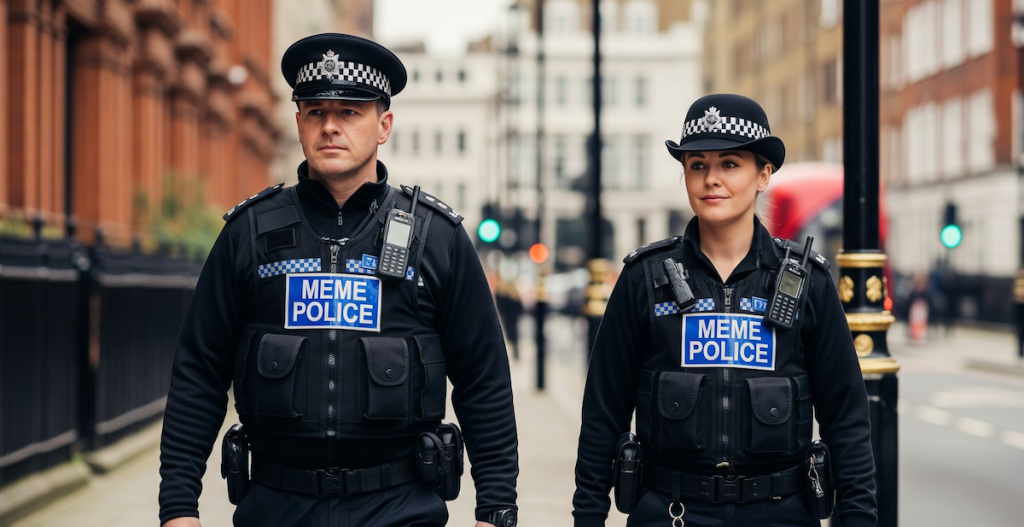
The Final Stand for British Liberty
The U.S. State Department has given us an invaluable gift. It has held up a mirror to our nation, and the reflection is ugly. It shows a country backsliding on its most cherished values, led by a government that instinctively reaches for censorship as a solution.
This is not a drill. This is the frontline in the battle for the future of Britain. The restrictions on our human rights are no longer a slippery slope; we are halfway down the hill and picking up speed. It’s up to us—the readers of Mandate Shift, the believers in freedom, the silent majority who have had enough—to put on the brakes. We must share this US report far and wide. We must call out the hypocrisy of a government that lectures others on rights while demolishing them at home. We must support the organisations fighting these laws in the courts and in the press. We must be louder, bolder, and more unapologetic in our defence of free expression than the ‘Meme Police’ are in their quest to destroy it.
Our fundamental liberties are at stake.
